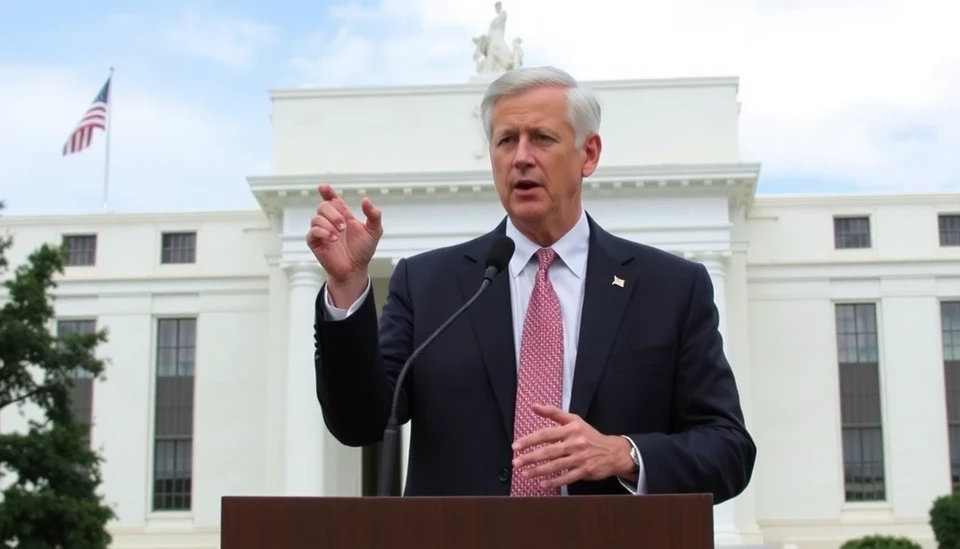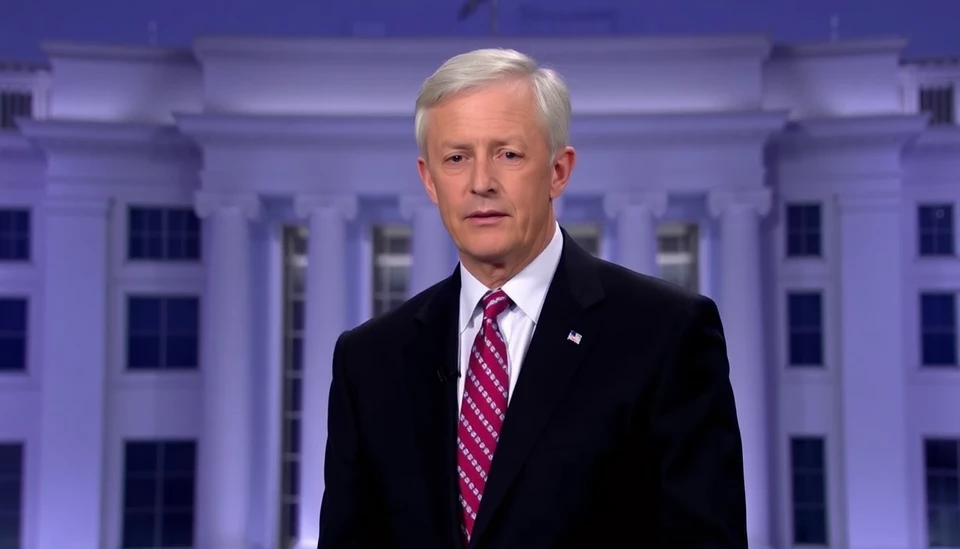
In a recent statement, Federal Reserve Governor Philip Jefferson emphasized the impact of robust job markets on reducing economic disparities in society. Jefferson argues that maintaining a strong labor market is essential for fostering opportunities and equity, particularly for marginalized groups who often feel the brunt of economic downturns.
Speaking at a conference dedicated to economic policies and labor market dynamics, Jefferson pointed out that a high-pressure job market can help bridge the gap between different socio-economic classes. He noted that when employment rates soar and businesses are actively hiring, individuals from lower-income backgrounds gain access to better job opportunities. This, in turn, can lead to upward mobility, which he believes is crucial for creating a more equitable economy.
Jefferson acknowledged that the current economic landscape poses several challenges, including persistent inflation and supply chain disruptions. However, he reiterated the importance of the Federal Reserve's dual mandate: to promote maximum employment while keeping inflation in check. While the Fed's monetary policy typically aims to control inflation through interest rate adjustments, Jefferson urged that these measures should not come at the expense of job creation.
During his speech, he highlighted recent data suggesting that wage growth has been particularly strong in lower-wage industries, a positive sign that higher employment levels contribute to narrowing the wage gap. Jefferson emphasized that this trend is not merely a fleeting moment driven by economic recovery but represents a significant shift towards a more inclusive labor market.
Additionally, Jefferson raised concerns about the long-term effects of high inflation on low-wage workers. He warned that if inflation persists, it could undermine the gains achieved in wage growth, particularly for those who already face financial struggles. By maintaining a high-pressure job market, he believes that the Fed could help ensure that wages keep pace with the rising cost of living.
Jefferson's remarks resonate with calls from various economists and community leaders who advocate for policies that prioritize job creation and equitable growth. By focusing on employment as a means to offset the inequalities exacerbated by economic fluctuations, he is striving to shape the Federal Reserve's approach to current and future challenges.
In conclusion, Jefferson's vision presents a framework in which a strong labor market could function as a tool for social equity. Moving forward, the Federal Reserve will need to navigate the delicate balance between promoting job growth and managing inflationary pressures while ensuring that all communities benefit from economic recovery.
As the dialogue surrounding the importance of equitable labor markets continues, stakeholders must remain engaged in conversations that aim to protect and advance the interests of the most vulnerable members of society.
#FederalReserve #PhilipJefferson #EconomicInequality #JobMarket #WageGrowth #LaborMarket #SocialEquity #Inflation #FinancialStruggles #EconomicPolicy
Author: Laura Mitchell




